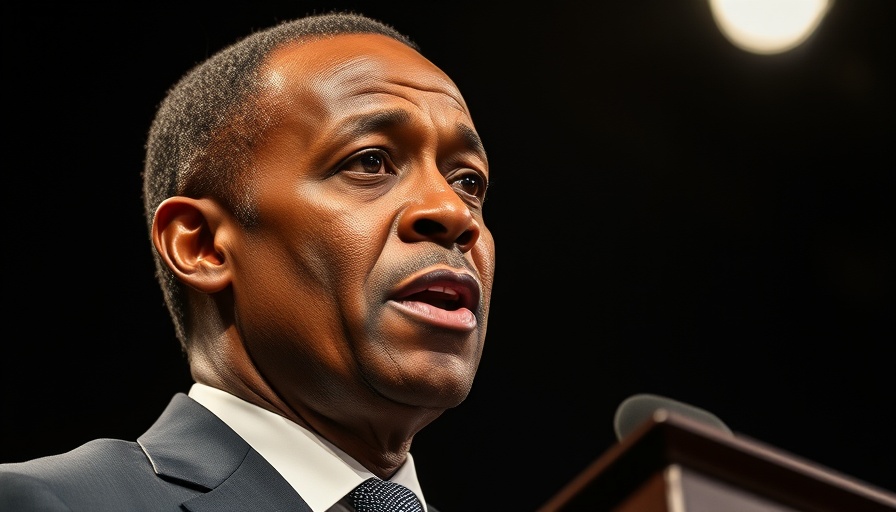
Ramaphosa Condemns AfriForum’s Moves for US Intervention: A Call for Unity in South Africa
In the latest political discourse, South African President Cyril Ramaphosa has issued a strong warning against AfriForum, a civil rights organization, for allegedly attempting to sow divisions within the nation by seeking foreign intervention regarding domestic policies. This alarming trend was addressed during a recent gathering at the Education Lekgotla in Boksburg, Johannesburg, where Ramaphosa emphasized the importance of unity and self-determination among South Africans.
Historical Context and Current Tensions
The tension is set against the backdrop of South Africa's complex political landscape and its ongoing struggles with land reform policies, particularly the Expropriation Act. This legislation allows the government to seize land without compensation in an effort to reverse the injustices of apartheid. Critics, including AfriForum, argue this could lead to economic instability and racial strife, while supporters contend that it is essential for reconciliation efforts in a deeply divided society.
The Role of Politics and Foreign Influence
During discussions that took place with officials from the Trump administration, AfriForum raised concerns regarding the African National Congress (ANC) and policies perceived to threaten property rights and safety for white farmers. Ramaphosa expressed a contrasting view, stating that South Africa must resolve its internal issues independently and warned against the dangers of inviting external pressure that could deepen societal rifts.
Coalition Politics and the Pursuit of National Unity
The ANC has consistently condemned foreign influence in domestic policies, rallying support for national unity amongst its citizens. In the wake of persistent challenges like youth unemployment, economic disparities, and racial tension, the political discourse has increasingly gravitated towards the necessity of coalition building. With the 2024 general elections approaching, there is a growing call for collaboration among opposition parties, including the Democratic Alliance (DA) and Economic Freedom Fighters (EFF). As political realignment unfolds, the ANC’s ability to fortify governance and manage public sentiment will be crucial.
Lessons From Global Examples: Risks of External Affiliations
The situation echoes broader global examples where reliance on foreign intervention led to adverse domestic outcomes. Countries facing political instability and foreign influence must recognize the inherent risks involved. Ramaphosa’s insistence on local problem-solving is not merely a nationalistic call; it is also a strategy to foster resilience and self-sufficiency within South Africa, mirroring global lessons on sovereignty.
Implications for Governance and Electoral Integrity
As South Africa prepares for the 2024 elections, the issues at stake transcend mere political rivalry. Ramaphosa's administration must navigate these turbulent waters by fostering an environment of trust, transparency, and accountability. The criticisms leveled by AfriForum and their alignment with international entities could jeopardize the electoral process's integrity if not addressed head-on.
Looking Ahead: A Call to Action for Unity
In conclusion, the need for unity among South Africans is paramount as the nation grapples with complex socio-political issues. South Africa has an opportunity to set a precedent on how to address grievances internally without succumbing to external pressures. The values of openness, dialogue, and mutual respect must carry through the political discourse, particularly leading up to the upcoming general elections, where the voice of the citizenry will ultimately dictate the trajectory of the nation.
 Add Row
Add Row  Add
Add 


Write A Comment